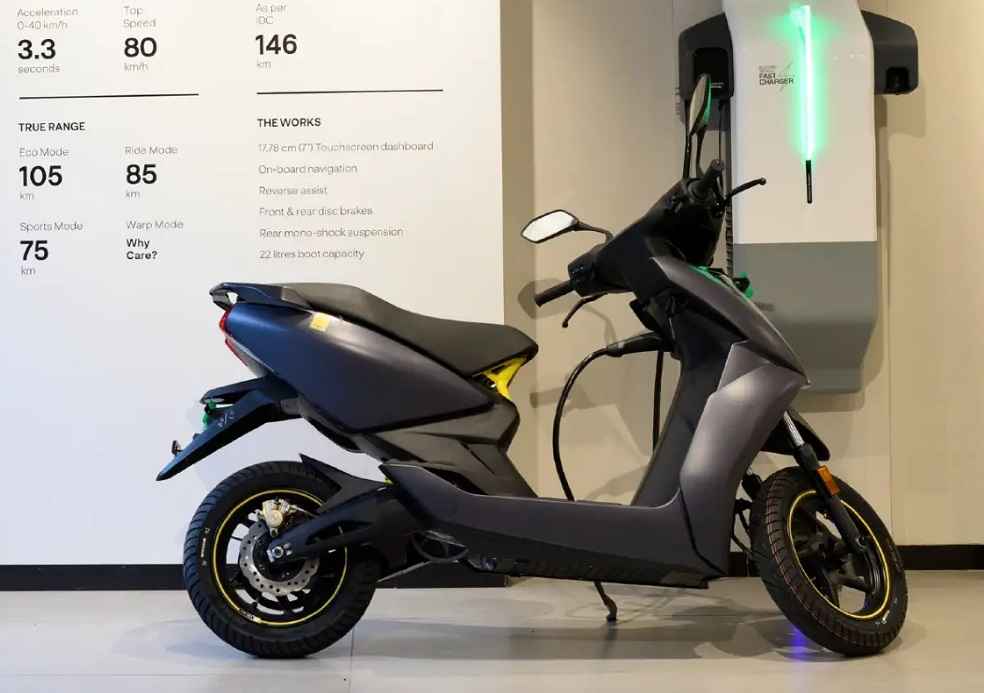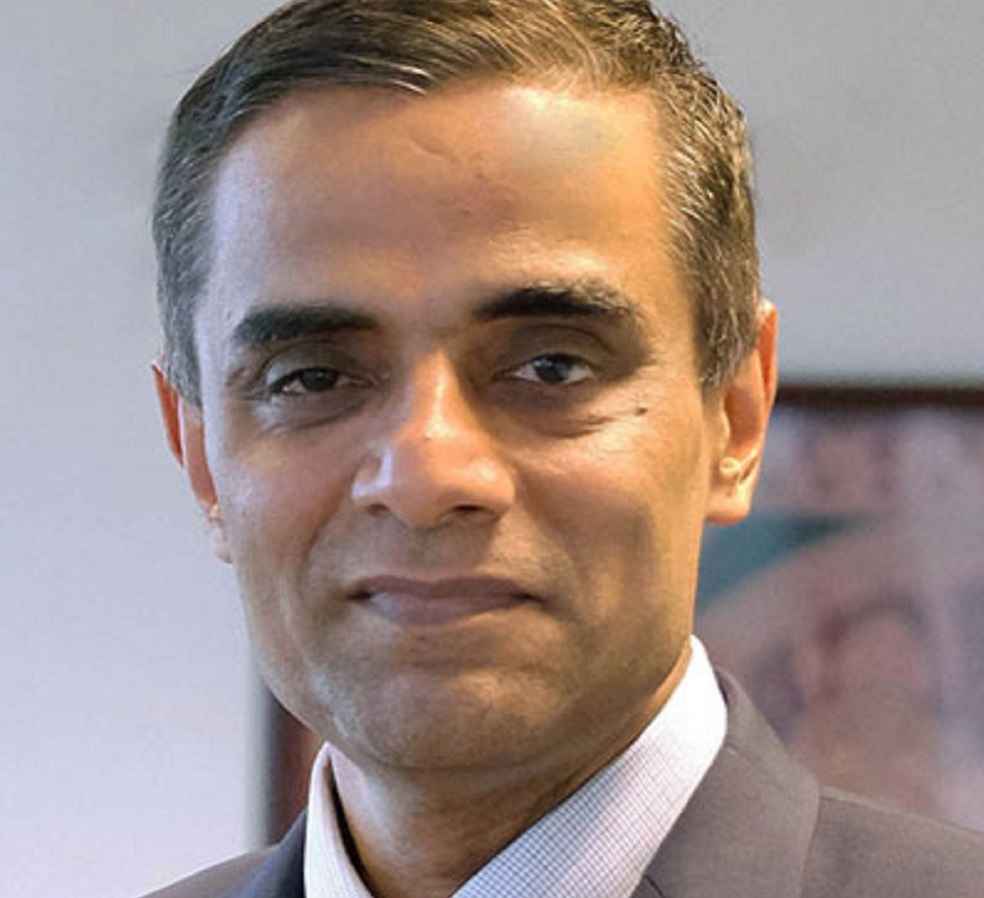The dynamic sectors of solar photovoltaic (PV) cells, battery technologies, and electric two-wheelers within Southeast Asia present a revenue landscape estimated at USD 90-100 billion by 2030. Beyond the monetary prospects, an anticipated 6 million green energy job opportunities emerge, set for realization by 2050.
A pivotal report, ‘Renewable Energy Manufacturing: Opportunities for Southeast Asia’, made its debut alongside the ASEAN Finance Ministers and Central Bank Governors Meeting. This piece is the collective effort of the Asian Development Bank (ADB), Bloomberg Philanthropies, ClimateWorks Foundation, and Sustainable Energy for All (SEforALL).
This document navigates the blueprint to nurture the growth trajectory of Southeast Asia’s clean energy manufacturing sector. It underscores the dual benefits: harnessing an expansive economic frontier and tackling the imperative of climate change.

A salient point from the ADB release accentuates the value of regional collaboration, suggesting that regional synergy can amplify intraregional trade dynamics.
Ambitious targets pepper the report for Southeast Asia:
A surge in solar PV manufacturing aims to elevate the existing 70 GW modules to an impressive 125-150 GW by 2030.
Envisioning a solid regional battery manufacturing ecosystem positions Southeast Asia as a formidable player on both regional and global export stages, with battery cell production envisioned to touch 140-180 GWh by 2030.
Electric two-wheelers (E2W) assembly within the region anticipates a quantum leap. From the current annual tally of 1.4 to 1.6 million units, projections scale to approximately 4 million units by 2030.

Ramesh Subramaniam, ADB Sectors Group Director General and Group Chief, offered a perspective: “As we often say in ADB, the battle against climate change will be won or lost in Asia and the Pacific. A decisive front in that battle is Southeast Asia.”
Subramaniam further remarked on the research’s ripple effects, suggesting, “This research shows the promise of renewable energy manufacturing-with policy, technical, and financing support-in helping the region’s developing countries to transition away from coal-based energy, while lowering carbon emissions, expanding local industrial capabilities, spurring job creation, and driving long-term economic growth.”
EV WORLD | BMW to launch Leipzig Battery Hub: Electromobility Meets Green Innovation





